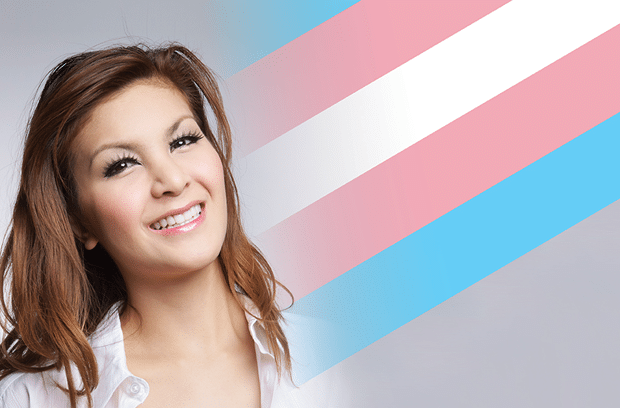

Transsexual
In transsexual people, the innate, biological sex and the self-identification do not match. Many affected people go through a particularly challenging time during this realization.
Not only do they have to learn to deal with their own feelings, but they also often think about how to tell their loved ones that they were born - as is so often said - "in the wrong body. Speaking of "in the wrong body," this is precisely the term that has been viewed more and more critically for some time. After all, nothing is "wrong." Here, only the biological and the actual gender do not match.
Whether ultimately a gender reassignment surgery is performed or not, of course, everyone decides for themselves. The statement "Everyone has an operation sooner or later!" is definitely wrong.
When do you realize that you are transsexual?
There is no standardized answer to this question. There are children, for example, who notice as early as kindergarten age that they feel they belong more to the opposite sex. Sometimes, however, it takes much longer for a corresponding awareness to develop.
Many people describe the beginnings as a kind of "diffuse feeling" and an "up and down" of emotions.
In short: There is no fixed point in time at which "actually everyone should find out that they are transsexual". Rather, every person is individual. Accordingly, there is no perfect time for coming out. Transsexuals should - like everyone else - only come out when they feel ready to do so.
How should transgender people respond to negative reactions to their coming out?
It would certainly be a little naïve to assume that every person would react positively when a close person comes out as transsexual. It is important to give the addressees of the outing the time they need. Because: For them, too, it is a change to which they have to get used. The good news, however, is that the reactions are usually much more positive than initially feared.
Ultimately, it is also the ever-increasing number of prominent people who have come out (and will come out) as transsexual that ensures that visibility continues to increase.
A sad statistic: Often victims of homophobic attacks
If you look a little deeper into statistics, you will quickly notice that among queer people it is often the transsexuals who are victims of violence and discrimination. Especially in countries where the rights of the community have not yet been widely developed, many queers do not dare to fully live out their transsexuality. The (possible) consequence: depression and high psychological pressure.
In Germany, there are now many counseling centers that explicitly address transsexual people. Here, queers can get help with regard to outings and other questions. In addition, there is - especially in larger cities - also the possibility to network well with each other in order to support each other.
Not everyone who "dresses up" as a woman or man is trans sexual!
Last but not least, one of the most classic prejudices should be cleared up. Many people are of the opinion that, for example, men who dress up as women for show, automatically also transsexual would be.
However, this can just as well be an art form that says absolutely nothing about whether the person in question actually feels like a woman. For example, there are also travesty artists who live in a happy heterosexual marriage.
